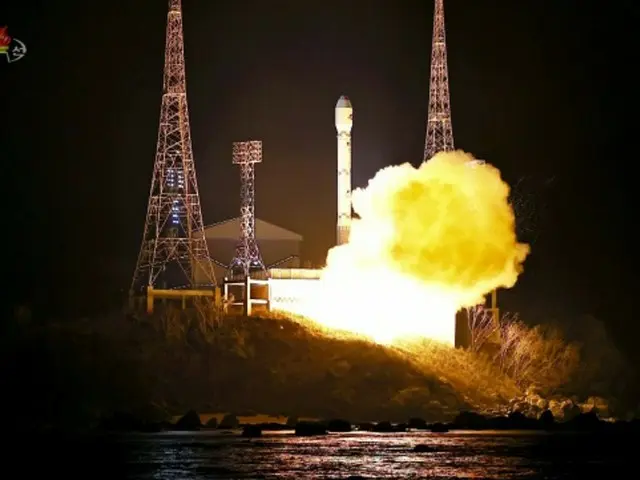On the 13th, the fourth quarter national unification opinion poll was released by the Consultative Council for Democratic Peace and Unification (hereinafter referred to as Democratic Pyongyang).
According to the survey results, 46.6% of respondents expected the level of North Korea's provocations in 2024 to be 'higher (stronger) than this year' (19.5% very high, 27.1% somewhat high). 'Toho this year
40.2% of respondents said they were at about the same level. Only 9.8% (slightly low 5.0%, very low 4.8%) expected it to be lower (weaker) than this year.
The outlook for inter-Korean relations next year was overwhelmingly pessimistic, with 48.9% and 44.1% saying it would be ``worse than this year'' and ``no change,'' respectively.
Only 5.6% said it would be better than this year. Regarding the question regarding the necessity of unification, 64.0% answered that unification is 'necessary' (30.8% very necessary, 33.2% somewhat necessary).
) has fallen to an all-time low since a survey conducted in the first quarter of 2015, when the Democratic Party of Japan began conducting a time-series analysis of the same question.
In addition, 35.3% of respondents said that unification was 'not necessary' (21.5% said it was not very necessary,
13.8% (not necessary at all) was the highest since the transition analysis. The percentage of respondents who answered that ``unification is unnecessary'' reached an all-time high for the second consecutive quarter following the previous quarter. Recognizing North Korea as a 'warning/hostile target'
47.2% of respondents responded that they were eligible for 'cooperation/support' (40.6%). From the third quarter of 2020 to the second quarter of this year, North Korea was the dominant target of cooperation/assistance.
However, there was a reversal from the previous quarter. The unification and North Korea policies that should be prioritized next year include 'normalization of inter-Korean relations' (38.9%), 'denuclearization of North Korea' (24.0%), and 'human rights and human rights in North Korea'.
The highest selection ratios were ``resolving humanitarian issues and resolving humanitarian issues'' (12.9%), ``diffusion of unified domestic and international consensus'' (11.2%), and ``restoring ethnic homogeneity'' (6.1%).
'Normalization of inter-Korean relations' was the most popular choice, but Democratic Pyongyang analyzed that this was a mix of supporters of conciliatory policies and principled supporters.
. Measures to deal with global complex crises such as war, climate change, and infectious diseases include ``strengthening cooperation between Japan, the United States, and South Korea'' (29.6%), ``improving the legal system to meet global standards'' (23.2%), and ``complex crisis expert''.
``Establishing and strengthening institutions and securing finances'' (19.4%) followed by ``Building multilateral solidarity to address global issues'' (18.4%).
This survey was conducted by telephone interview between 24th and 26th of last month, targeting 1,000 adult men and women aged 19 and over nationwide.
It was held at the ceremony.
2023/12/13 21:09 KST
Copyrights(C) Herald wowkorea.jp 83

